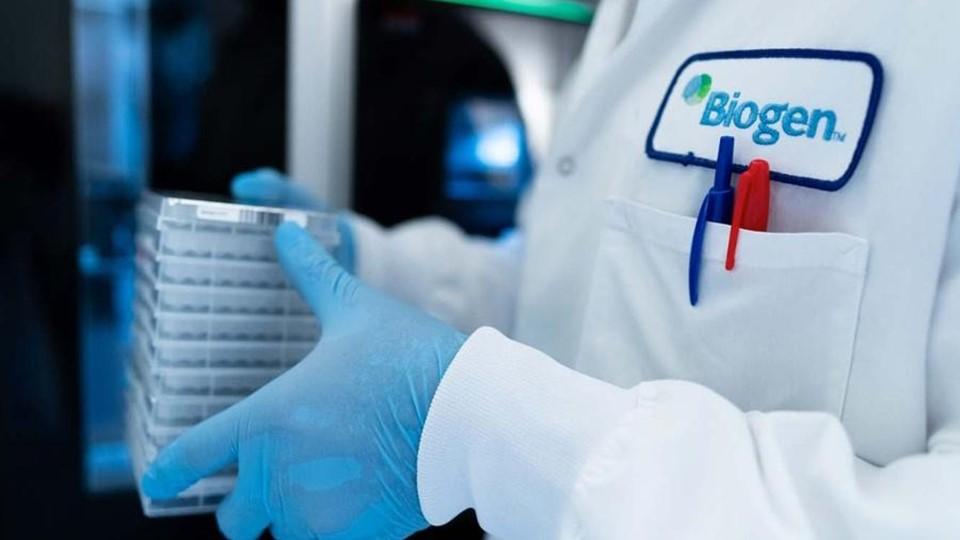Biogen claims victory in patent dispute with Mylan over MS drug Tecfidera

Shares in Biogen are on the rise after the company successfully defended its blockbuster multiple sclerosis drug Tecfidera from a patent challenge brought by Mylan in the US.
The Patent Trial and Appeal Board (PTAB) has backed Biogen and agreed to uphold the validity of its patent on Tecfidera (dimethyl fumarate), denying a call by Mylan that it should be invalidated on the grounds of obviousness.
The ruling means that Biogen should now have protection from generic competition to Tecfidera in the US until 2028, protecting a product that accounted for $4.4 billion out of total sales of $14.4 billion in 2019.
Mylan – which says it is considering an appeal with the PTAB – had argued that the patent in the dispute lacked novelty because the active ingredient in Tecfidera had been known about for years and the dosage form covered was predictable.
Biogen’s defence hinged on trials showing a variation of the effects of the drug at different dosage levels, which it said showed the effects of the drug were unexpected and far from predictable.
Mylan meanwhile is also challenging the validity of the patent in the District Court of West Virginia. That means the challenge isn’t over for Biogen yet, although analysts said it is now in a much stronger position.
Tecfidera has been Biogen’s biggest-selling drug for several years, but has been slowing down as a result of competition from newer MS therapies like Roche’s Ocrevus (ocrelizumab), Novartis’ Mayzent (siponimod) and Merck KGaA’s Mavenclad (cladribine).
Growth last year was 4%, well down on historical highs and propped up by price rises. Nevertheless, Biogen needs it to continue to bring in substantial sales as it tries to bring new products to market and diversify its revenue mix.
Given that its top near-term prospect is its extremely high-risk Alzheimer’s disease candidate aducanumab, resurrected and due to be filed this year despite being abandoned in 2019, the near-term importance of Tecfidera is evident.
Biogen has other defensive measures in play for its MS franchise, including the recent US approval of Tecfidera follow-up Vumerity (diroximel fumarate). It failed to make much impact in the fourth quarter with sales of just $5 million, although Biogen chief executive Michel Vounatsos said initial take-up was encouraging.
Vumerity has been designed to reduce gastrointestinal side effects that are a recognised issue with Tecfidera.
Biogen’s decision to launch the drug at $88,000 per year in the US has however come in for criticism from the National MS Society in the US, which said it showed a lack of commitment to “affordable access”.













